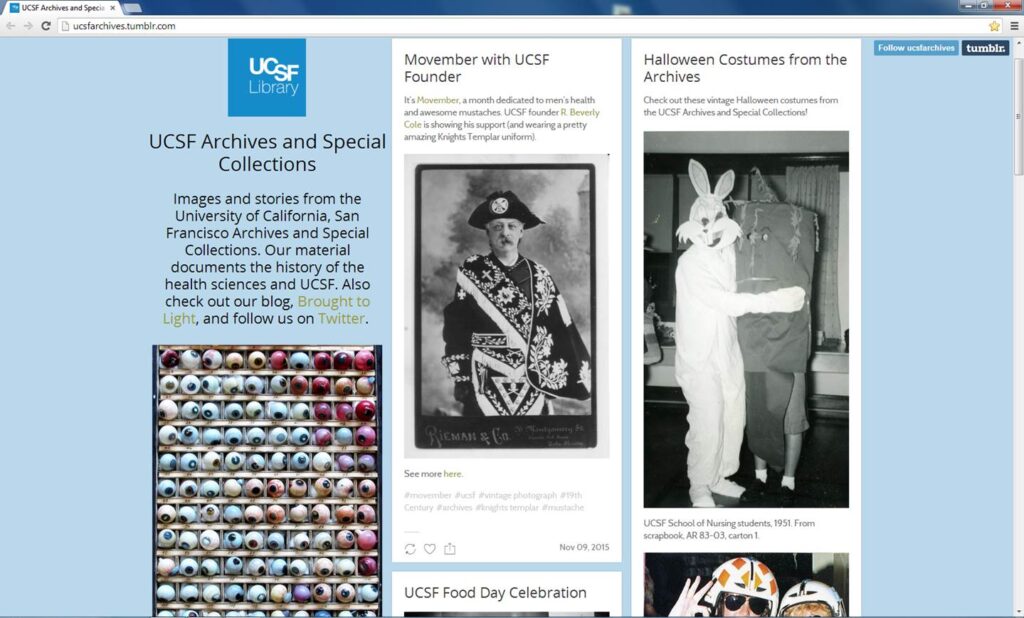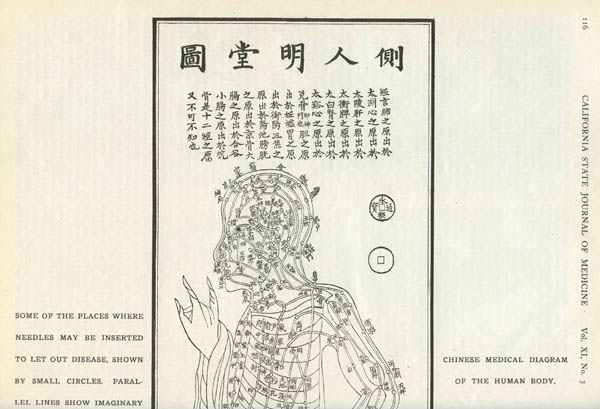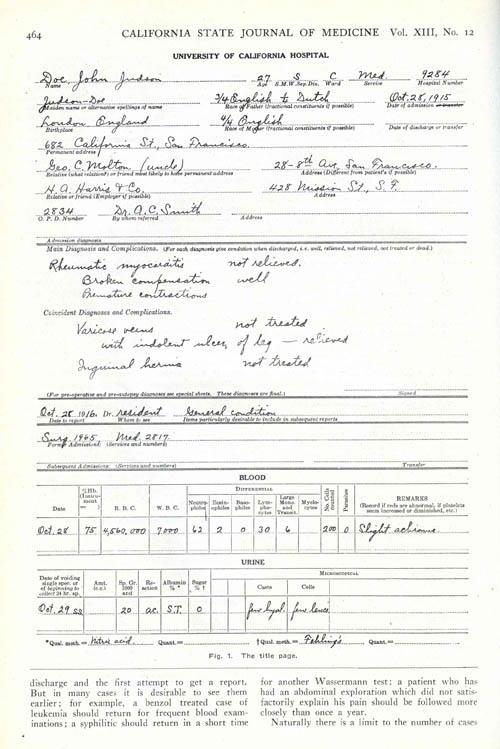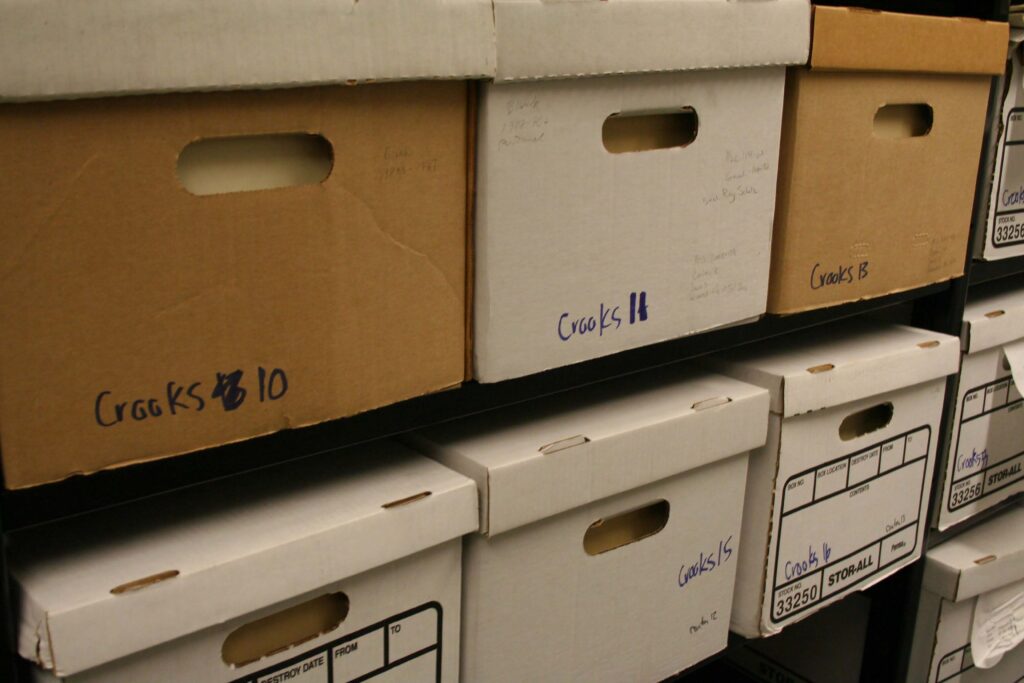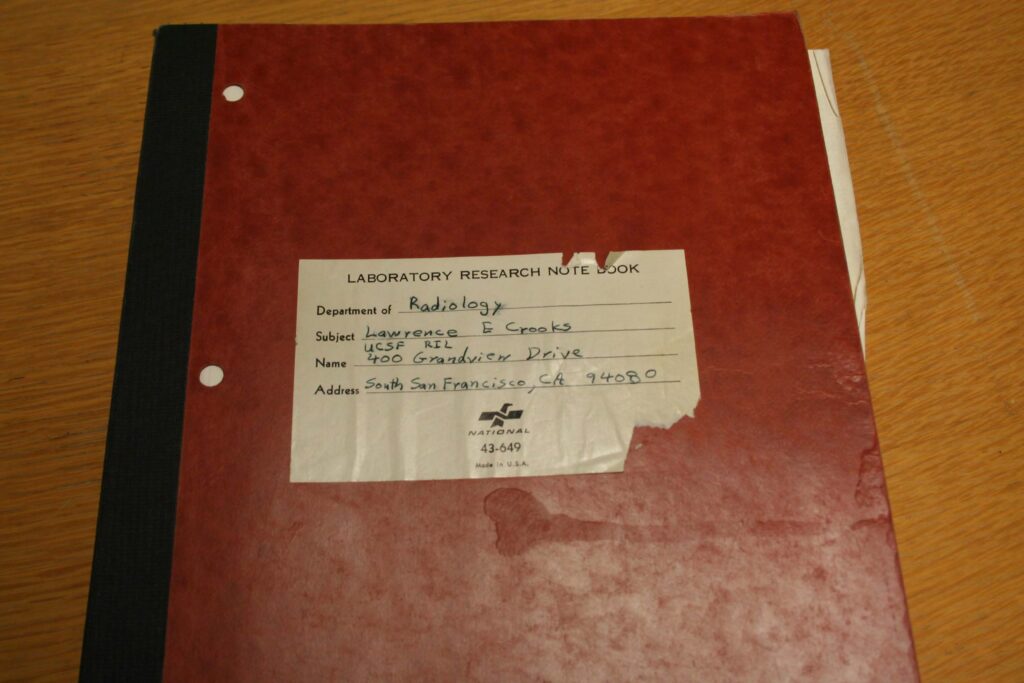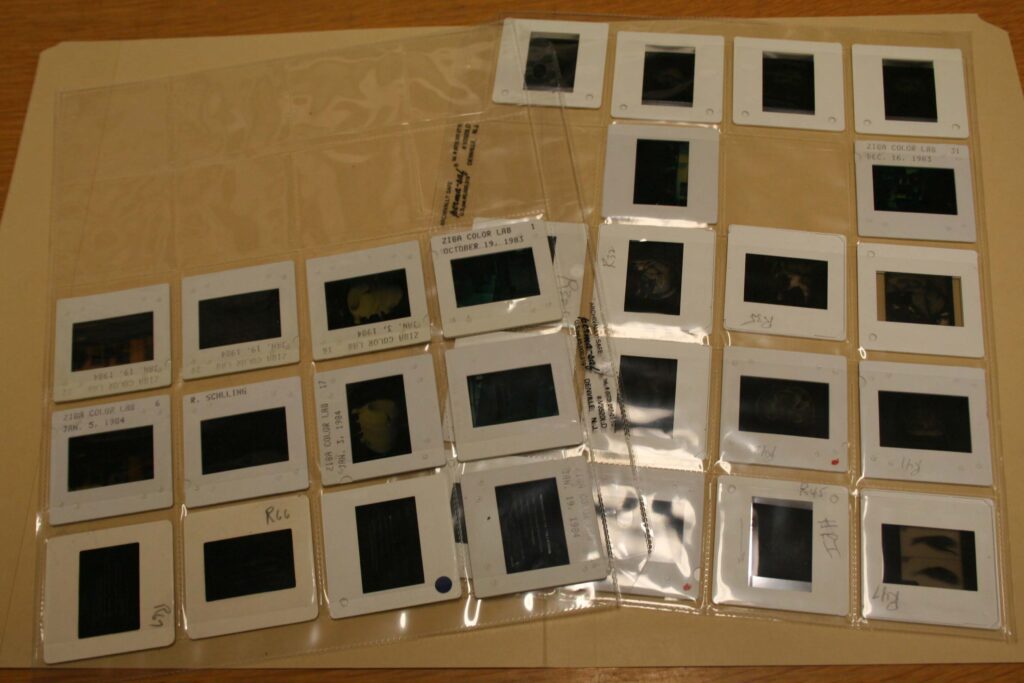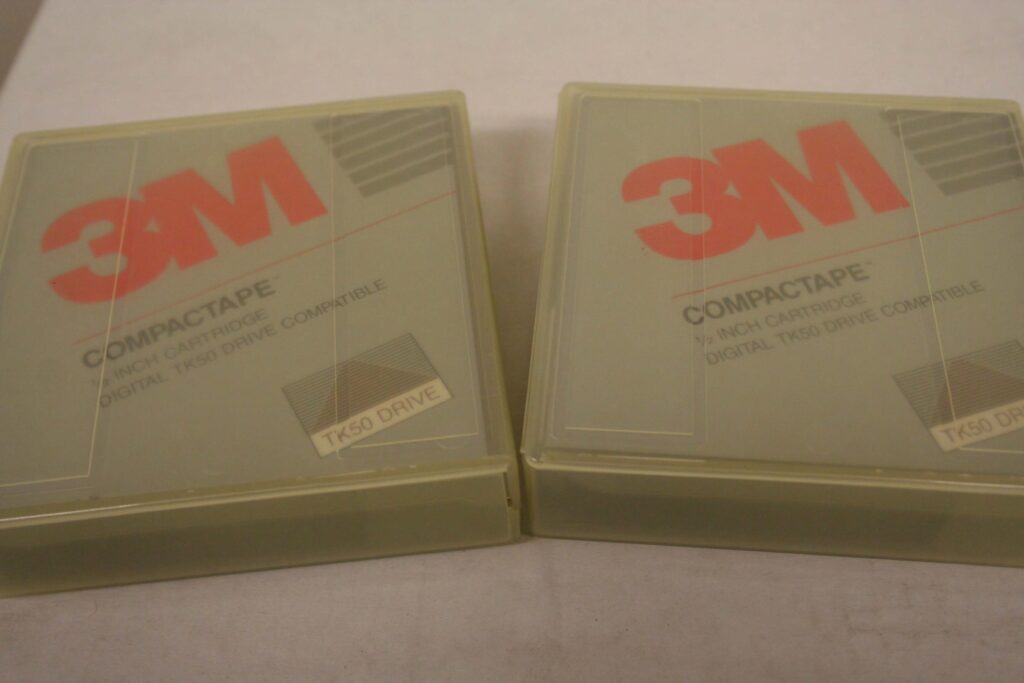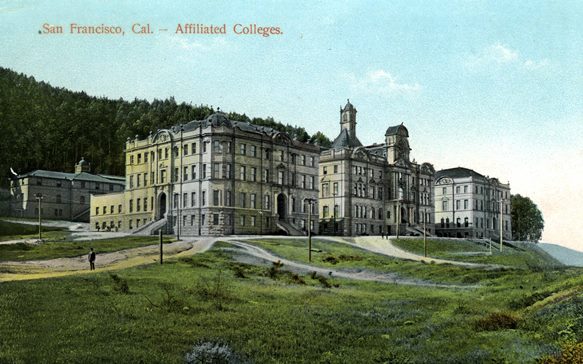Friday the 13th of May was the auspicious date of our visit to one of our partner organizations, the Internet Archive, just across Golden Gate Park in the Richmond District. The Internet Archive is a non-profit digital library of millions of freely accessible books, movies, software, music, websites and more. Internet Archive graciously hosts a bi-weekly Partners Lunch, inviting anyone working in partnership with IA to tour the facility (a gorgeous re-purposed Christian Science church), meet staff in person, and participate in a lunchtime roundtable where IA folks and visitors share their projects’ progress, successes and failures. The whole UCSF Archives team, plus UCSF collections staff members Beatrice Mallek and David MacFarland, were in attendance.
We met with our IA liason Jesse Bell, who gave us a look into the progress of some of our projects ongoing at Internet Archive. Here Eliza Zhuang is using a specially designed scanning booth to digitize volumes of bound medical journals for the State Medical Journal project. The “scanner” actually uses two conventional DSLR cameras to simultaneously photograph the pages of the book, optimally positioned by the pedal-operated V-shaped glass plate shown here.
After photography, the images undergo QA and metadata association before being uploaded to the Internet Archive, where they look like this.
IA’s lobby provides plenty of excitement. A prominently displayed monitor shows the digitization currently underway on a number of different systems. Below, David Uhlich watches as pages from the book scanner are photographed. Immediately behind the monitor is a film scanner that similarly feeds the live-view monitor. The lobby also houses a beautiful antique gramophone near a small listening station that includes an iPad loaded with digitized music and other recorded sound.
After lunch, we took a more in depth tour of IA’s facility. We saw an example of IA’s specially designed “portable” book scanner, which is basically a scaled-down version of the one used by IA staff. Approximately $10,000 will get you your own book scanning station, software, and support from IA for your own scanning projects. We also looked inside the refurbished church that, in addition to the pews, now houses some of IA’s servers and digitization equipment.
Sculptures of miniature people inhabit the aisles. Long-term IA staff are thanked for their service with a sculpture of their likeness; many depicted holding an item that reflects their interests or passions.
It was great to meet the IA team in person. Our partnership with IA continues to provide new opportunities to preserve and make accessible our material. We look forward to exciting projects in the future!

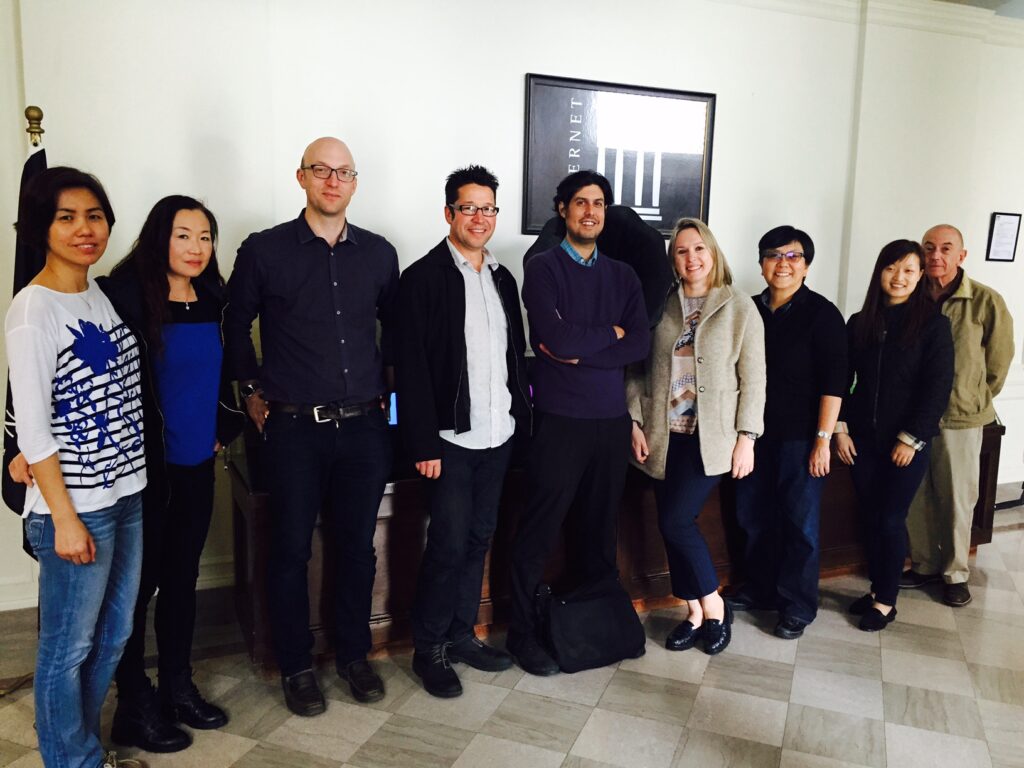
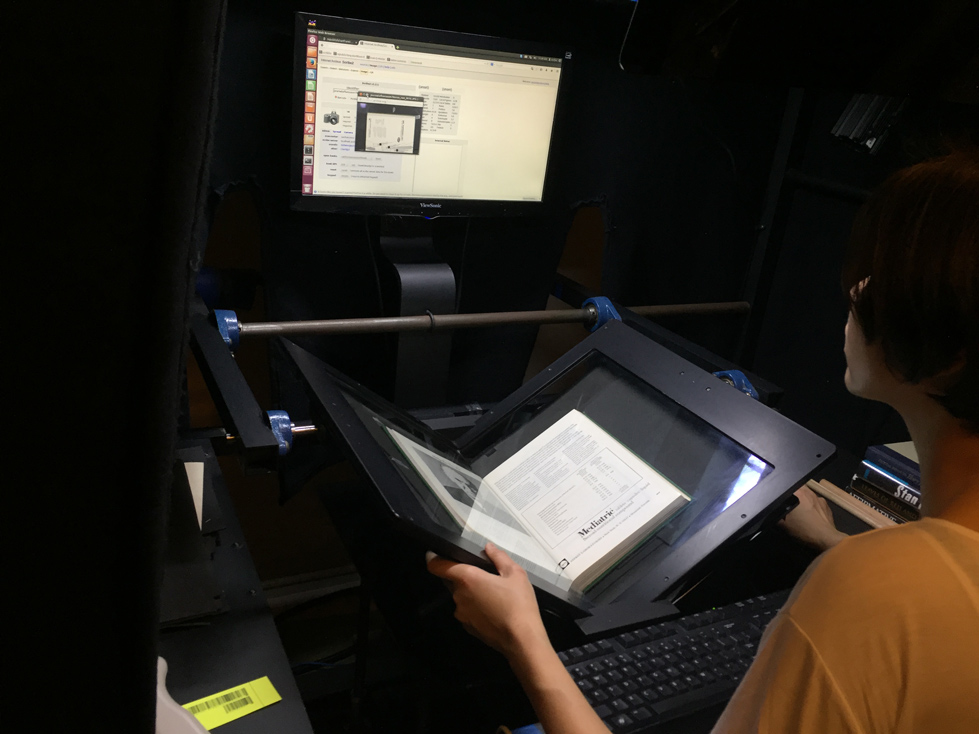
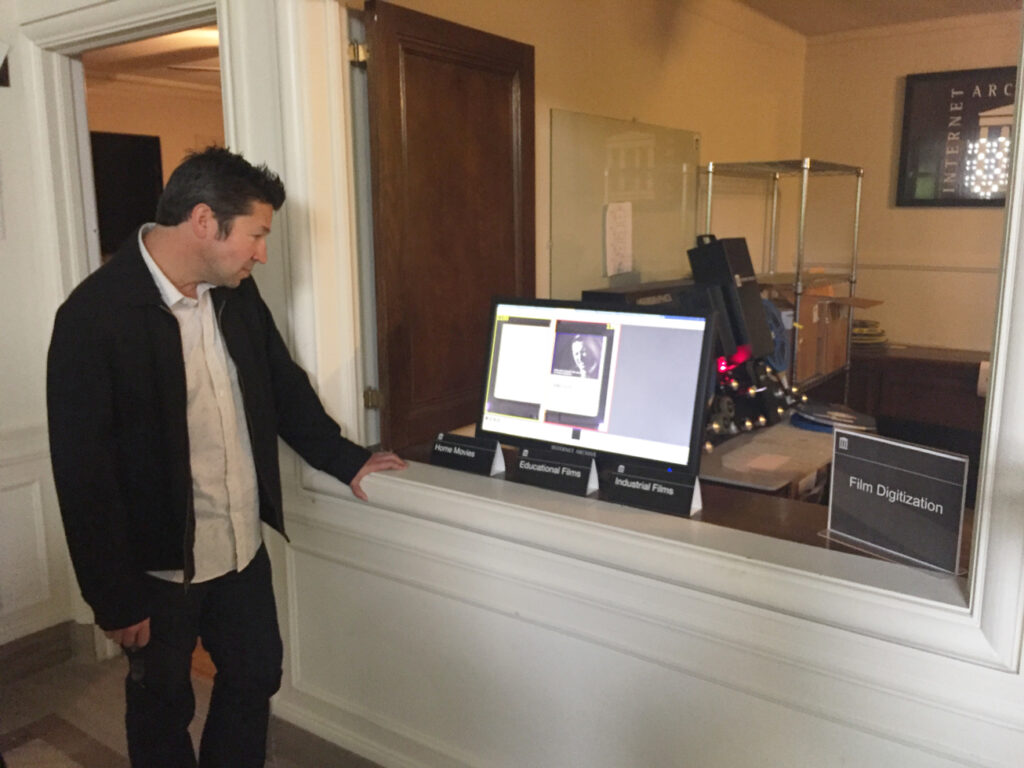
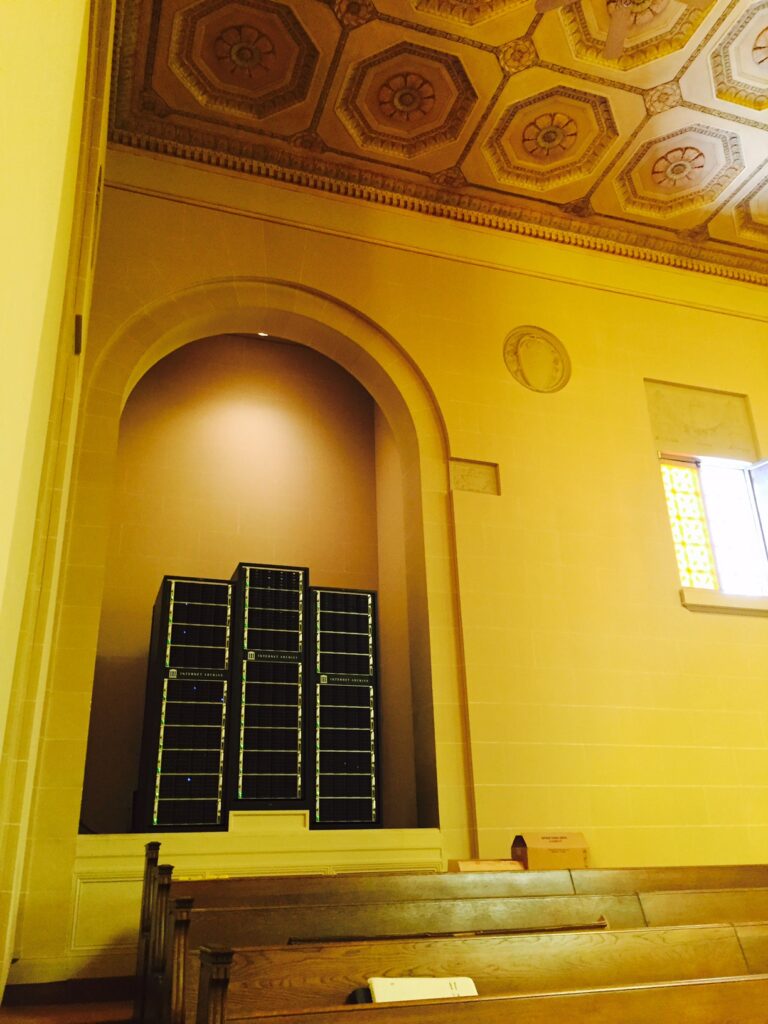
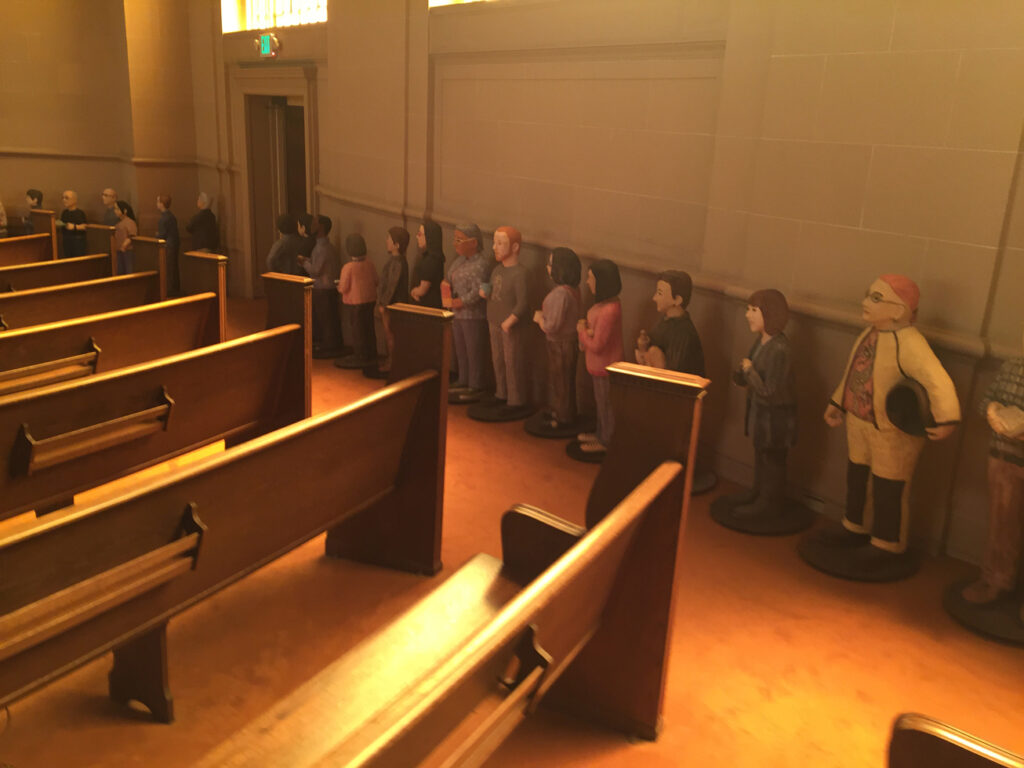
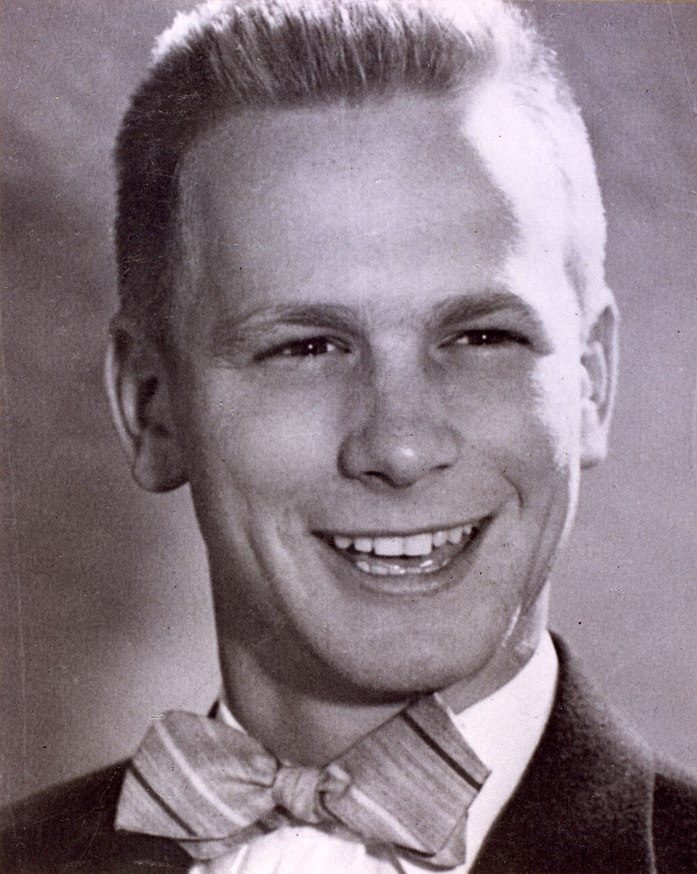
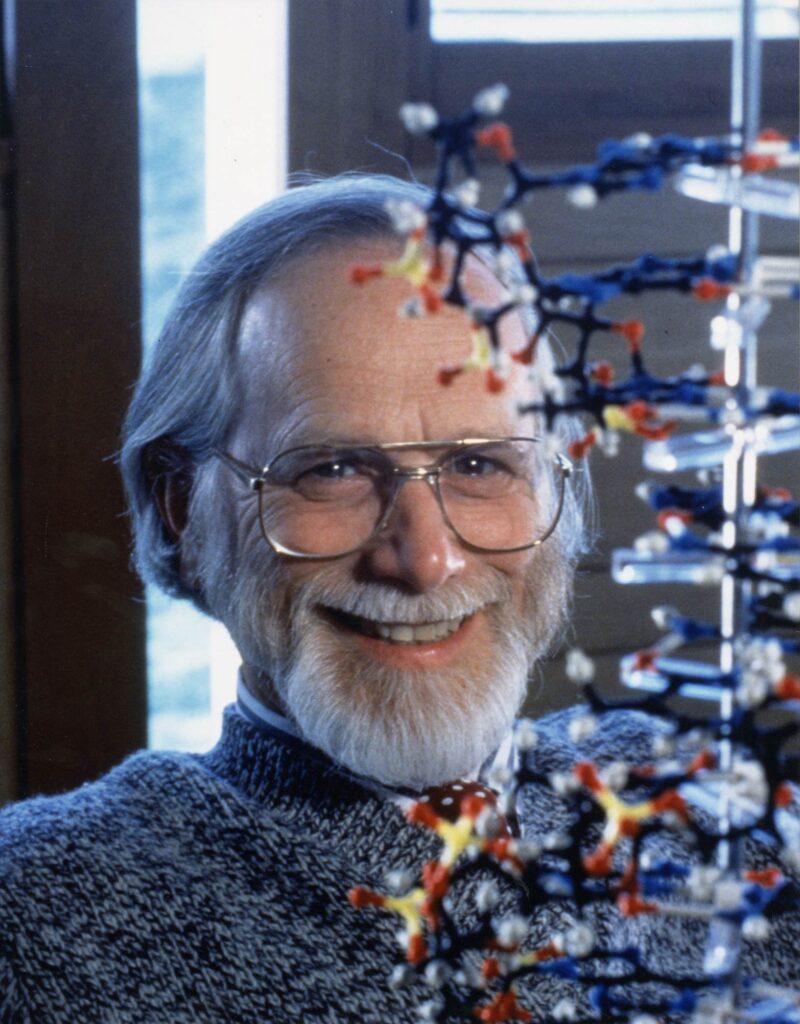
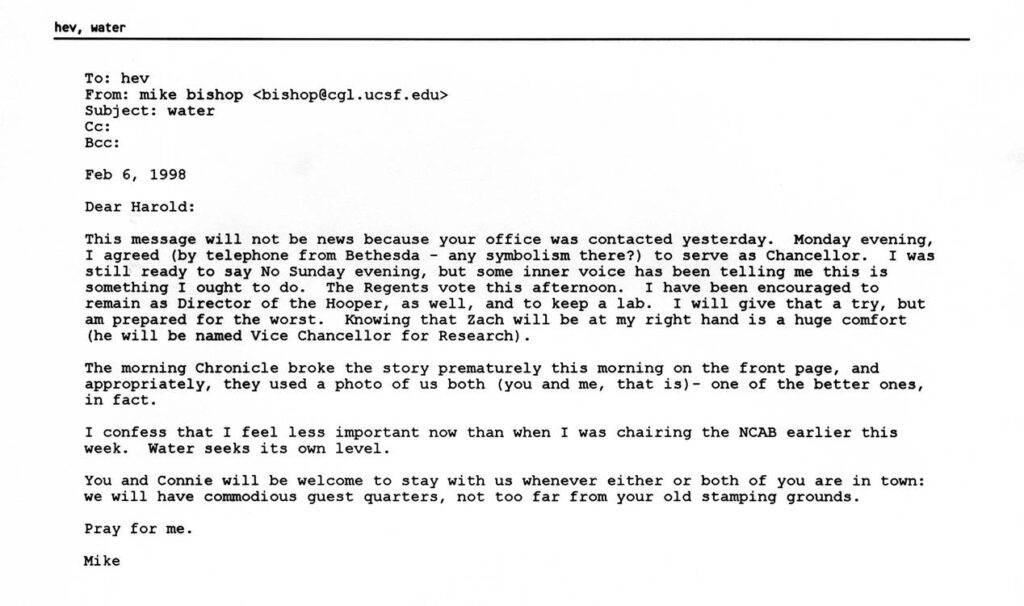
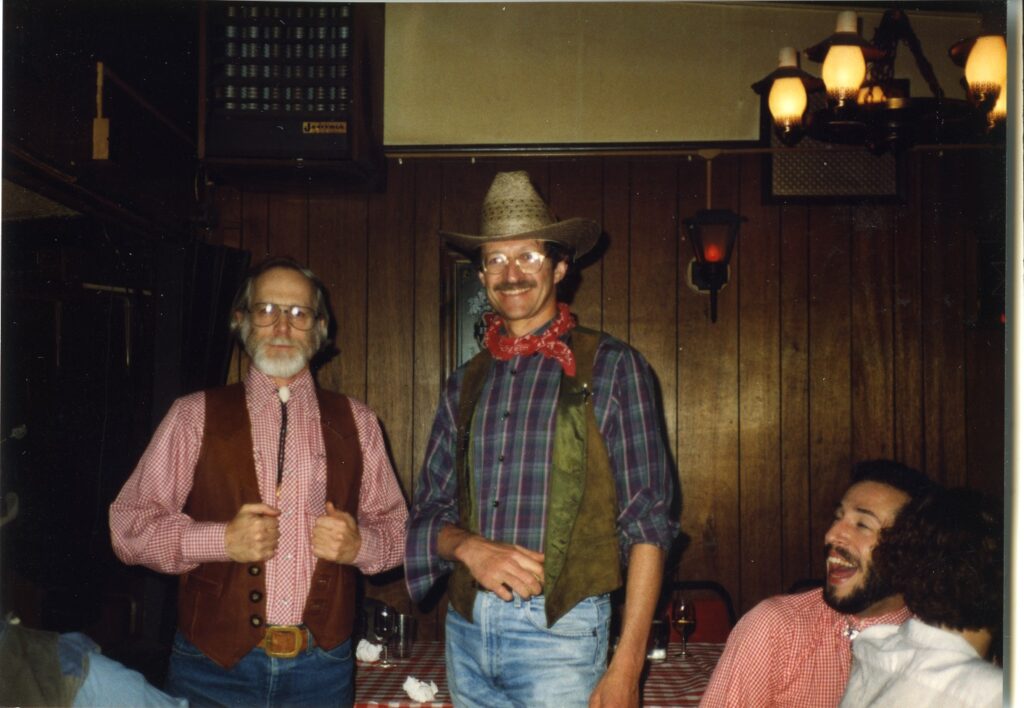
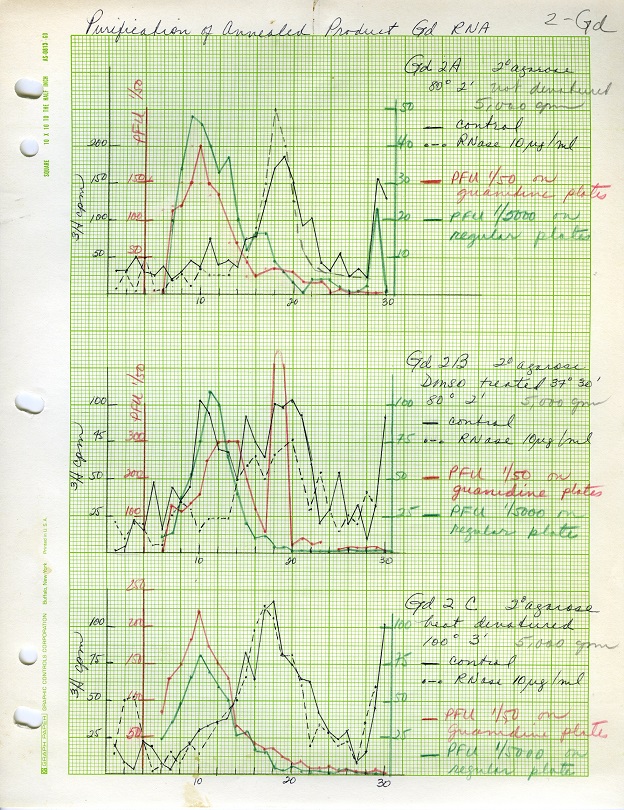
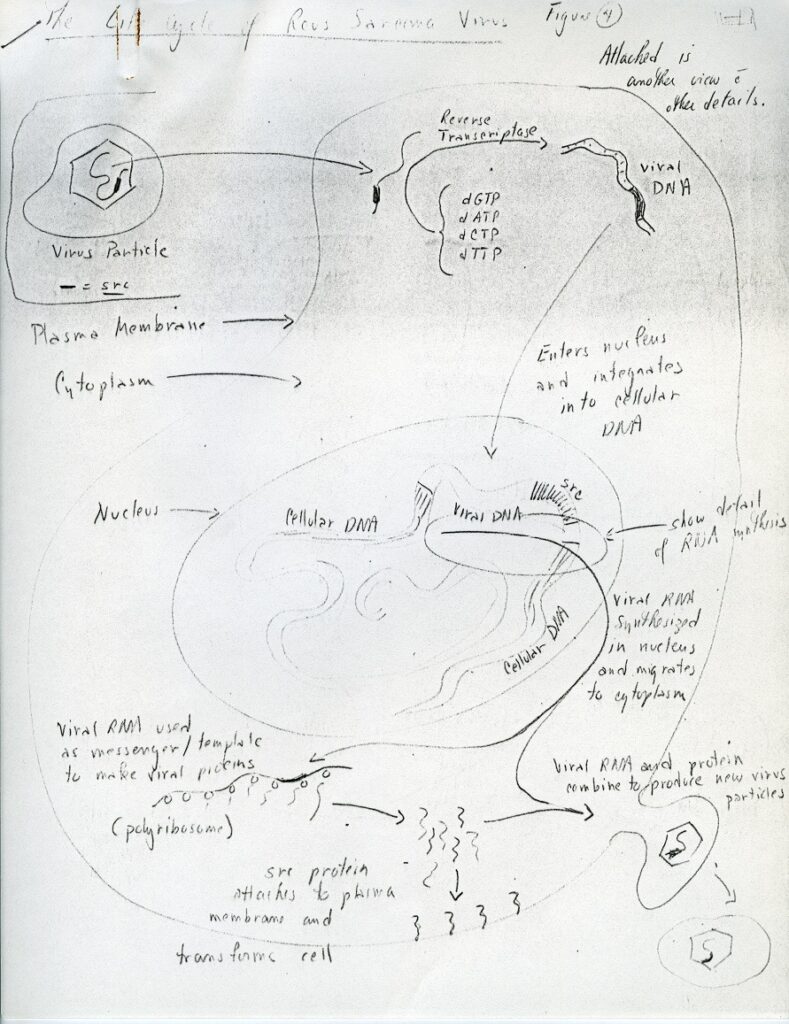
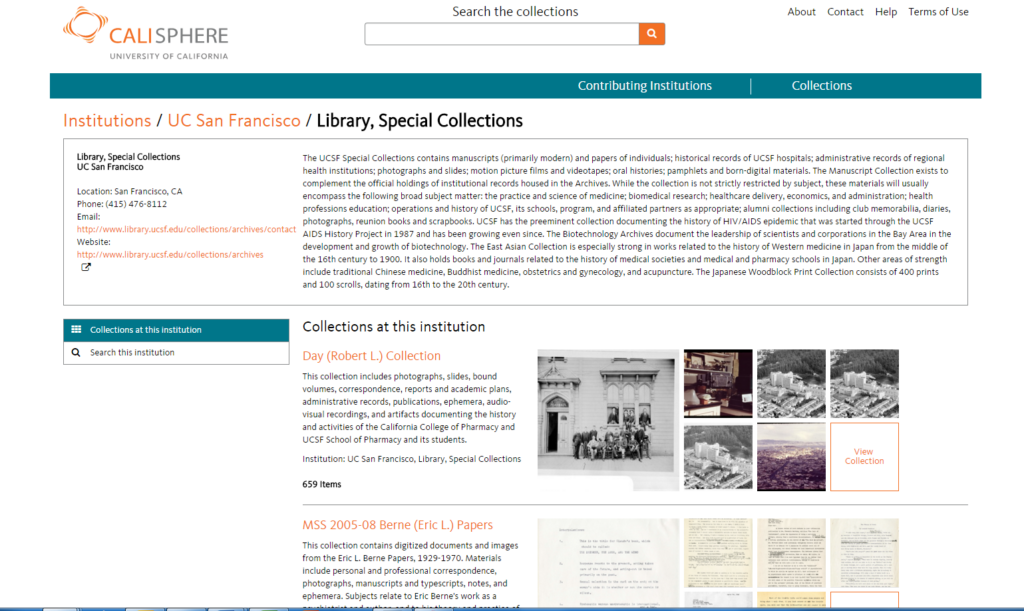
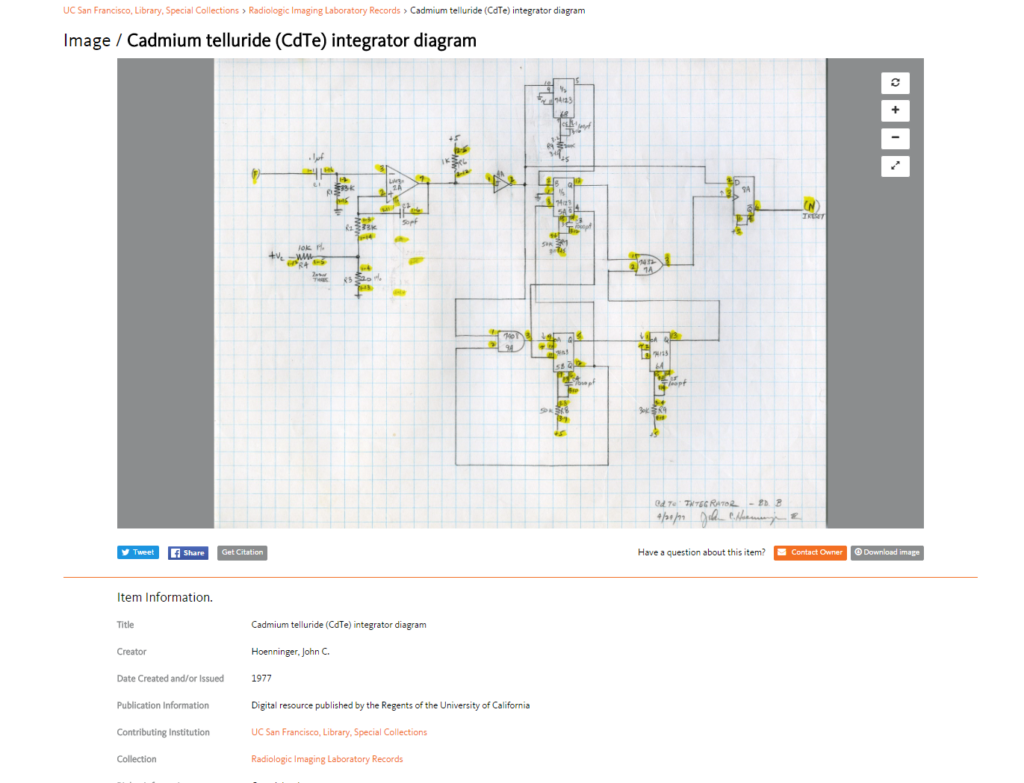
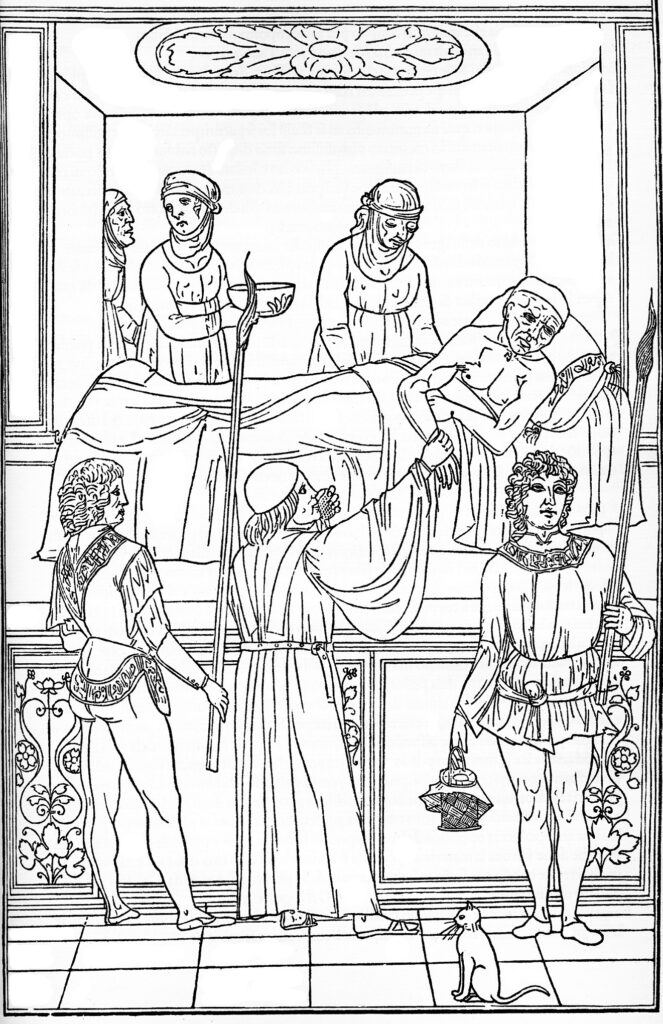
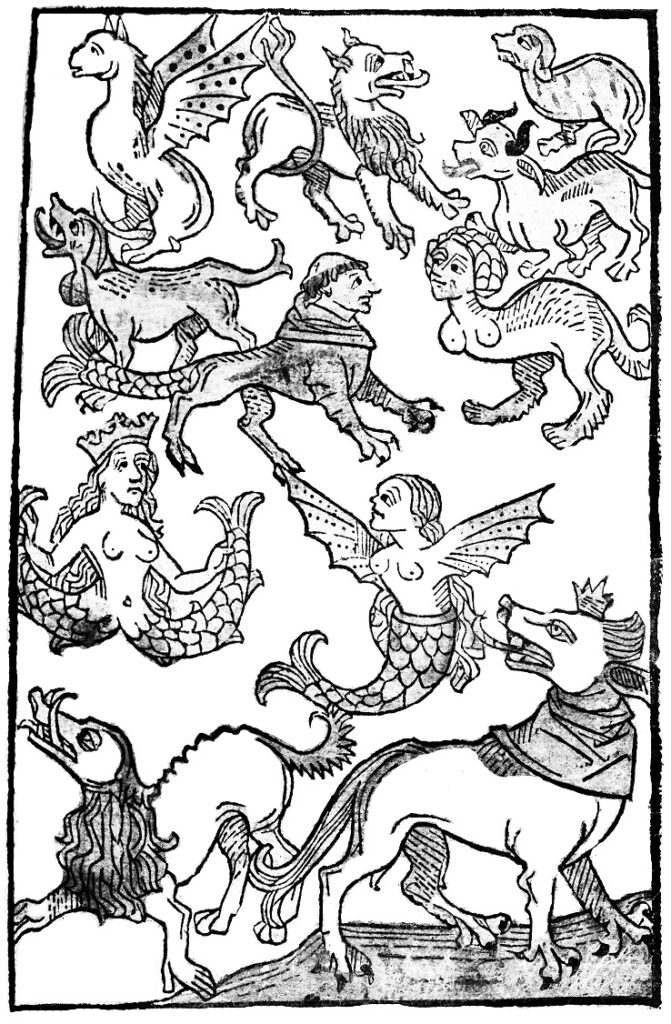
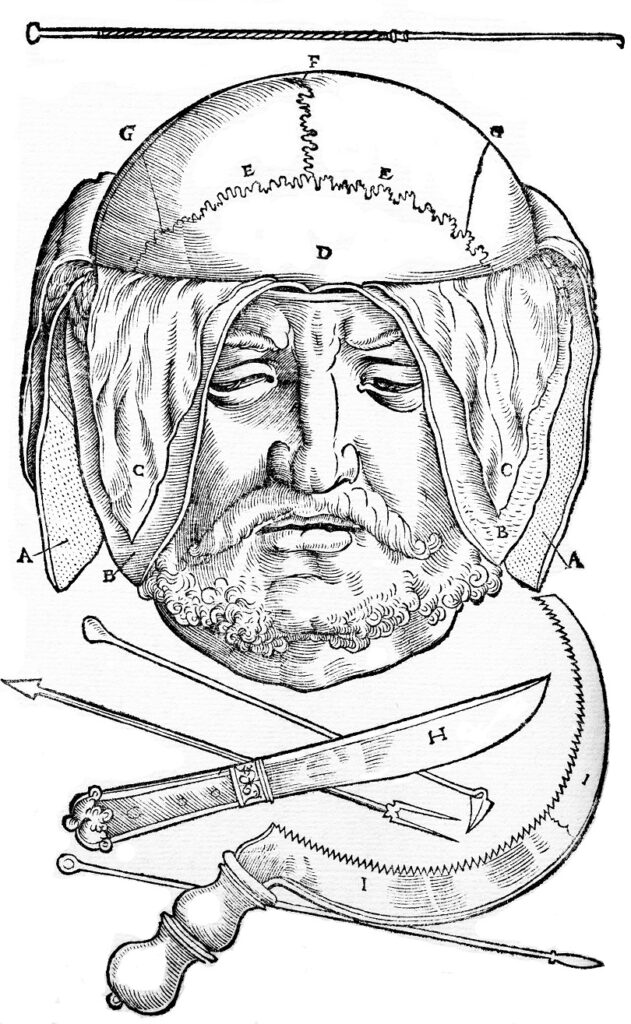
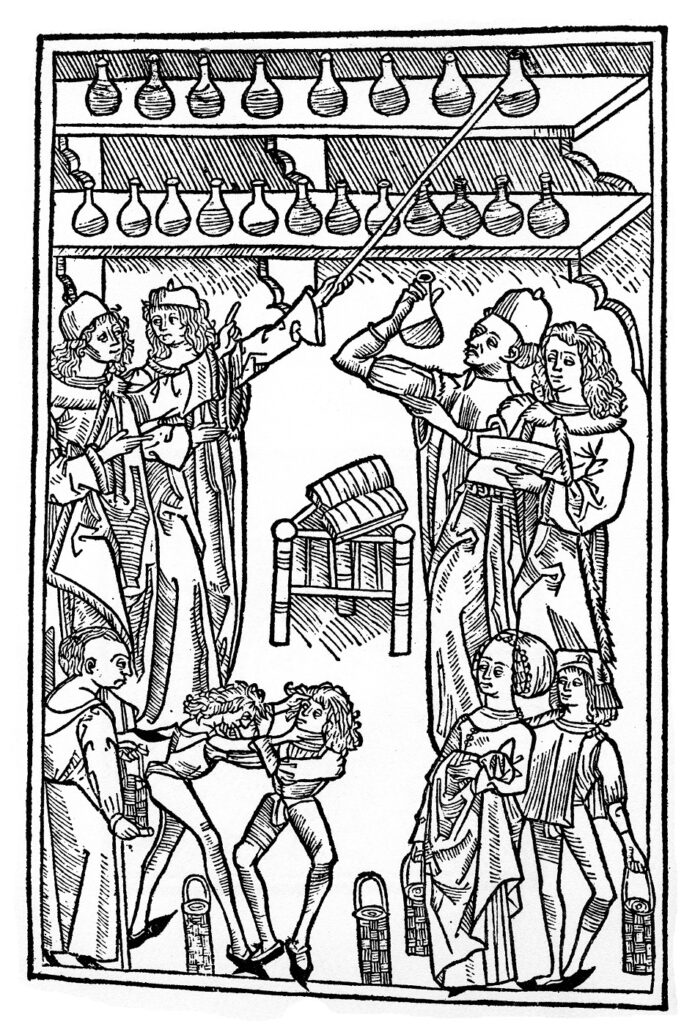
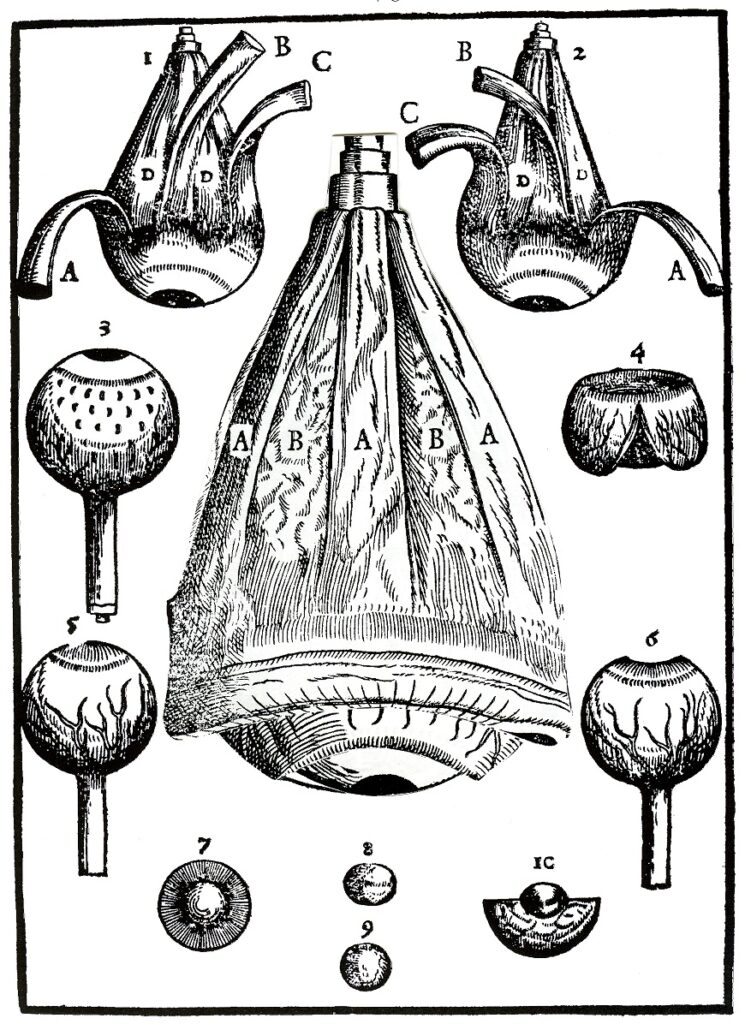
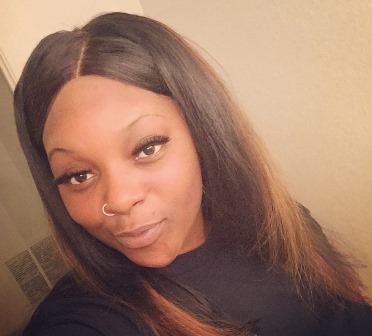 Jessica Jones is our first EXCEL program intern. The UC San Francisco Excellence through Community Engagement & Learning (EXCEL) Program is a clerical/administrative training program which aims to develop the potential workforce in UCSF’s surrounding communities and provide San Francisco residents with access to health-field related employment opportunities. It is a work-based program that uses both classroom and on-the-job training to prepare participants for career path jobs in the healthcare sector. In the past month Jessica who works in the Archives four days a week has successfully completed the
Jessica Jones is our first EXCEL program intern. The UC San Francisco Excellence through Community Engagement & Learning (EXCEL) Program is a clerical/administrative training program which aims to develop the potential workforce in UCSF’s surrounding communities and provide San Francisco residents with access to health-field related employment opportunities. It is a work-based program that uses both classroom and on-the-job training to prepare participants for career path jobs in the healthcare sector. In the past month Jessica who works in the Archives four days a week has successfully completed the 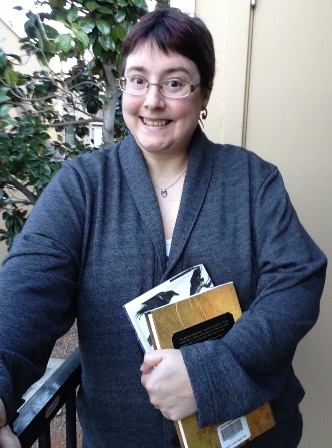 Kristin Daniel first became interested in library science when she was young; when her curiosity, more often than not, led her to find answers in books. The importance of information availability stayed with her throughout her schooling. Her passion was put on hold after she graduated high school in 1998, as economic necessities led her to a decade of service in the retail and hospitality industries. She got the opportunity to return to school and pursue her dream in 2008.
Kristin Daniel first became interested in library science when she was young; when her curiosity, more often than not, led her to find answers in books. The importance of information availability stayed with her throughout her schooling. Her passion was put on hold after she graduated high school in 1998, as economic necessities led her to a decade of service in the retail and hospitality industries. She got the opportunity to return to school and pursue her dream in 2008.